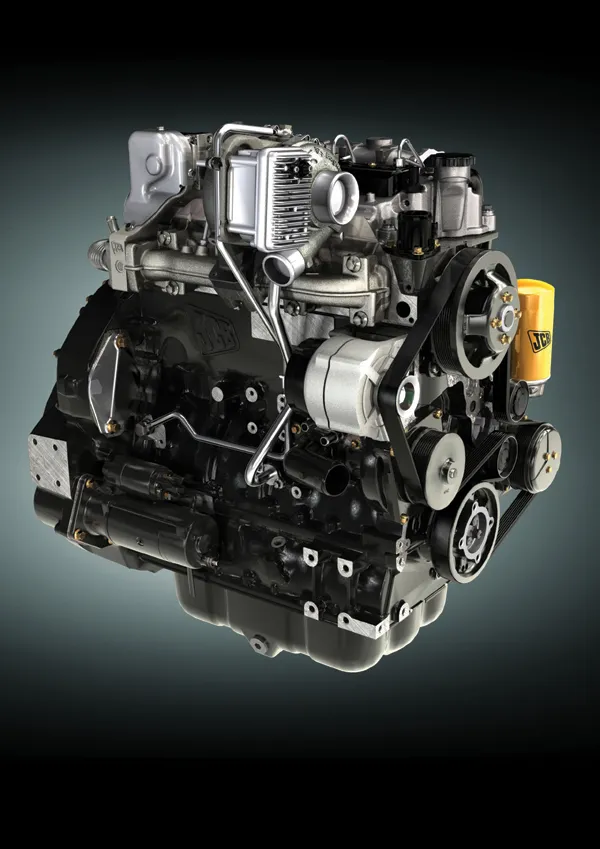Philips has worked in partnership with Gloucestershire Highways to introduce an innovative LED lighting system along the A40 London Road in Cheltenham, leading down to the racecourse.Philips developed the new lighting system in conjunction with Gloucester Highways, providing a solution that would improve road visibility and safety, while reducing energy consumption and maintenance costs. Philips' lighting scheme also worked to the existing spacing pattern in order to reduce installation costs and minimise d
February 24, 2012
Read time: 2 mins

Philips developed the new lighting system in conjunction with Gloucester Highways, providing a solution that would improve road visibility and safety, while reducing energy consumption and maintenance costs. Philips' lighting scheme also worked to the existing spacing pattern in order to reduce installation costs and minimise disruption.
At the centre of Philips' new lighting scheme for the A40 London Road was the latest in LED technology, the SpeedStar incorporating LEDGINE. The SpeedStar system provides a cost effective and energy efficient solution and is based on the modular LEDGINE concept. This can range from 16-60 LEDs in increments of eight, which provides the versatility to light a scheme to specific location requirements and maximise energy savings. This is important when using existing spacings between lights, as on the A40 London Road. It means that there is no need to over illuminate areas, which can be the case with step changes in HID lamp outputs. For this project the SpeedStar luminaire also included a CMS Open Protocol Dimmable system to further reduce energy use.
The long life of Philips LEDs also reduces maintenance costs, cutting Gloucestershire Highways carbon footprint compared with replacing and disposing of low pressure sodium lamps. The SpeedStar can also provide bright white light at street level, which increases visibility. With the white light drivers can detect movement faster and from greater distances, in comparison to yellow light due to its lower luminance threshold.









